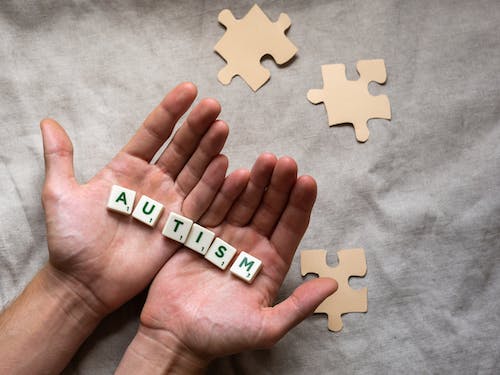According to the Centers for Disease Control and Prevention, around 1 in 44 kids are diagnosed with Autism Spectrum Disorder (ASD), and the numbers have been growing lately. ASD is defined as a developmental disability due to differences in the brain. However, experts claim that multiple different forms of ASD are responsible for bringing such a developmental change in a person.
People with ASD often exhibit timid behavior as well as delayed communication and cognitive development. Autism usually begins before the age of 3 and continues through a person’s lifetime. Here’s all you need to know about it.
Symptoms Of ASD
One of the most prominent symptoms of ASD is social and communication issues. These are usually exhibited at a young age and often dismissed by parents and caretakers as common mood swings. However, such communication issues combined with restricted and repetitive behavior is a major sign of ASD and should be evaluated by a professional. If not, it can lead to bigger issues in the future and delay the development.
Diagnosing ASD
Diagnosing ASD isn’t a simple task since there are no definitive medical tests available. ASD is diagnosed by an evaluator who studies the child’s behavior to determine the type and severity of ASD. But in most cases, it takes several evaluations for a doctor to decide due to the unpredictability of the screenings and tests. Even after getting a diagnosis, the results and symptoms can change, so it’s an ongoing process, and most people don’t receive a final diagnosis until they’re older.

The Treatments
There’s no clear-cut solution for treating autism. It’s a developmental disorder, not a disease, so doctors can only suggest solutions that make it easier for people with ASD to maintain their quality of life. Usually, multiple professionals come together to create a specific treatment plan for each individual based on their symptoms and lifestyle.
Treatments commonly center on behavioral, developmental, educational, psychological, pharmacological, and relational. A person might be prescribed treatments for all of these, or the doctor might pick some areas to focus on. Treatments also need to be altered or switched depending on the results.
Causes And Risk Factors
Genetic factors play a dominant role in ASD. Factors such as having a sibling with ASD, having older parents, and having certain chromosomal conditions can increase the chances of a child having ASD. Certain developmental issues during pregnancy and environmental factors also contribute to ASD. For example, a hostile environment can worsen certain ASD conditions in children.
Learn More About Autism Spectrum Disorder With Helping Miami
At Helping Miami, we strive to remove the stigma associated with Autism Spectrum Disorder through facts and educational initiatives taken in Miami. Our website features a section dedicated to autism and the resources available for parents and caregivers. Besides that, we also help people of Miami-Dade County with educational resources, a DUI victim assistance program, and information regarding early childhood development. Browse our blogs to learn more.

